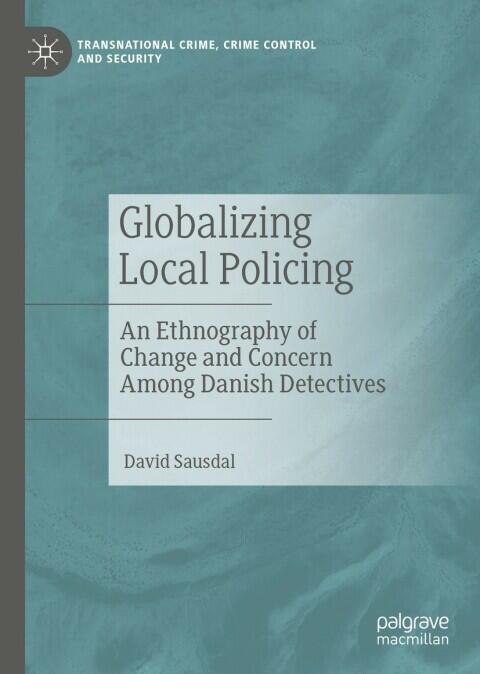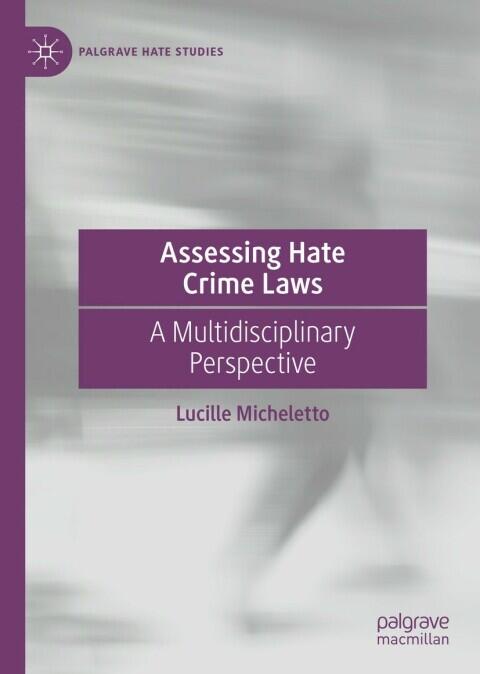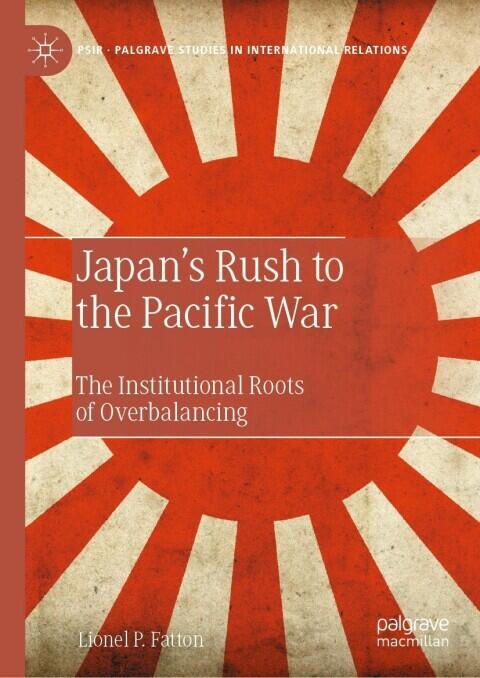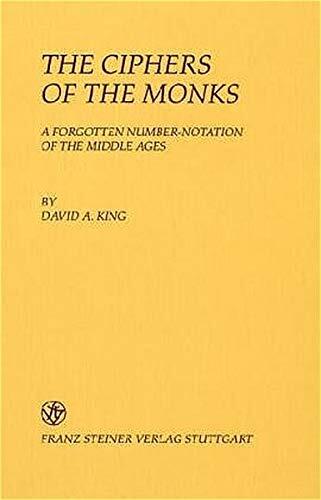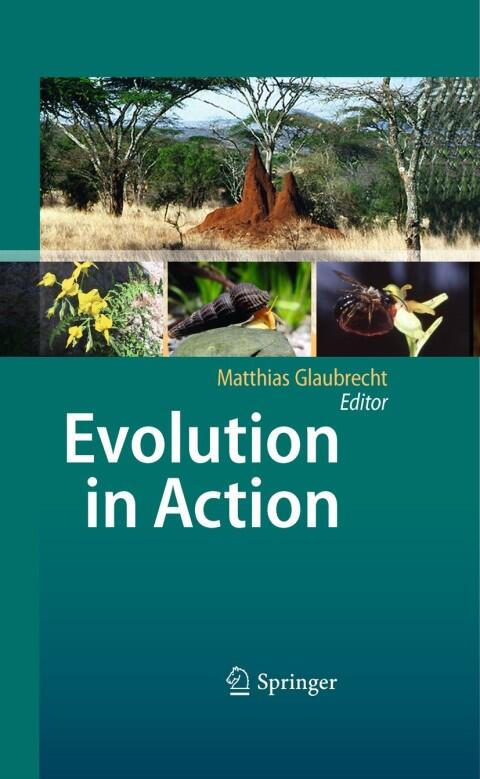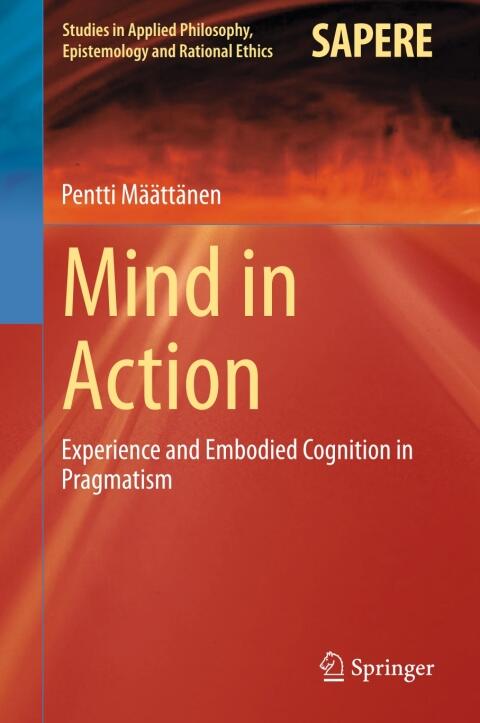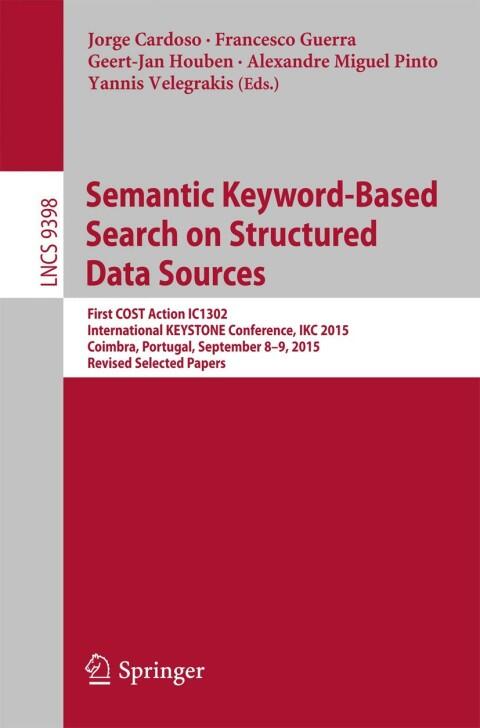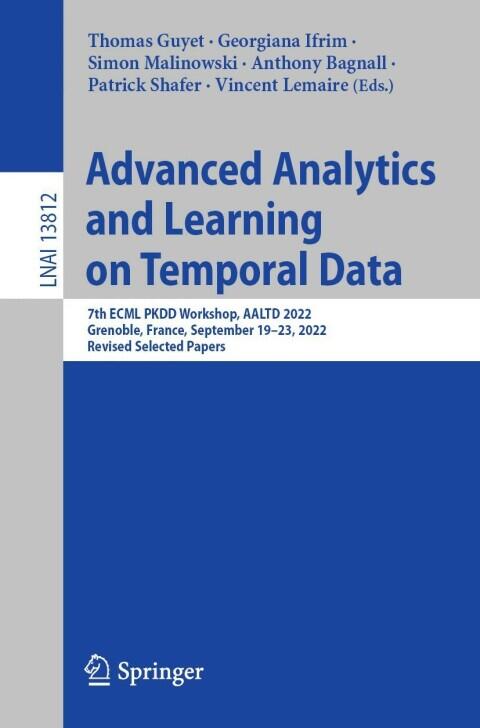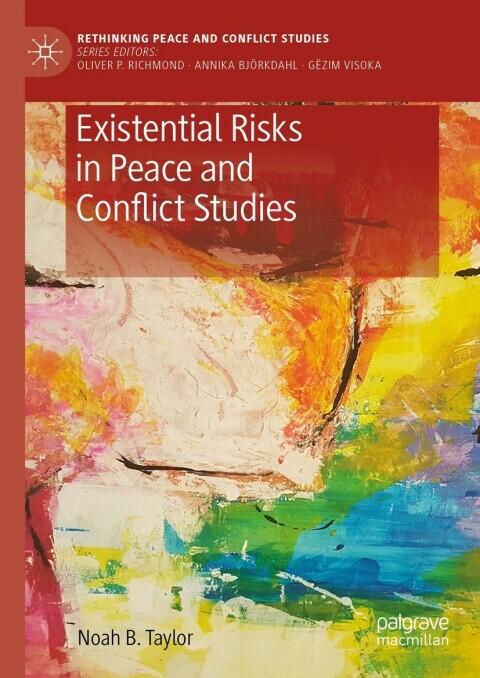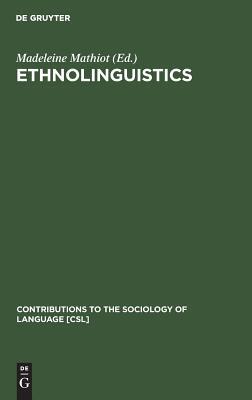
Ethnolinguistics: Boas, Sapir and Whorf Revisited
بواسطة
Madeleine Mathiot
لا توجد تقييمات بعد
Science & Technology
History
تنسيق
غلاف صلب
صفحات
333
لغة
الألمانية
منشور
Aug 1, 1979
الناشر
Walter de Gruyter
رقم ISBN-10
9027975973
رقم ISBN-13
9789027975973
الوصف
Madeleine Mathiot delves into the intricate connections between language and culture in her exploration of ethnolinguistics, focusing on key figures such as Boas, Sapir, and Whorf. In revisiting their seminal theories, she unpacks how these scholars laid the groundwork for understanding the interplay between linguistic structures and social contexts. Their insights into how language shapes perception and thought continue to resonate, influencing contemporary discussions around identity and communication.
Mathiot engages critically with the framework established by these early ethnolinguists, examining its relevance in today's diverse sociolinguistic landscape. She highlights how language is not merely a tool for communication but a vessel of cultural heritage and social practice. By analyzing various linguistic phenomena, she showcases the profound implications of language on individual and collective identities.
The work challenges readers to consider the sociocultural dimensions of language use, encouraging a deeper appreciation for the nuances of communication in various contexts. The examination invites reflection on how our linguistic choices reveal much about our social realities and cultural affiliations.
Through her insightful analysis, Mathiot contributes to a richer understanding of ethnolinguistics, advocating for the continual relevance of Boas, Sapir, and Whorf’s ideas in a rapidly changing world. This book serves as a vital resource for scholars and students interested in the intersections of language, culture, and society.
Mathiot engages critically with the framework established by these early ethnolinguists, examining its relevance in today's diverse sociolinguistic landscape. She highlights how language is not merely a tool for communication but a vessel of cultural heritage and social practice. By analyzing various linguistic phenomena, she showcases the profound implications of language on individual and collective identities.
The work challenges readers to consider the sociocultural dimensions of language use, encouraging a deeper appreciation for the nuances of communication in various contexts. The examination invites reflection on how our linguistic choices reveal much about our social realities and cultural affiliations.
Through her insightful analysis, Mathiot contributes to a richer understanding of ethnolinguistics, advocating for the continual relevance of Boas, Sapir, and Whorf’s ideas in a rapidly changing world. This book serves as a vital resource for scholars and students interested in the intersections of language, culture, and society.
